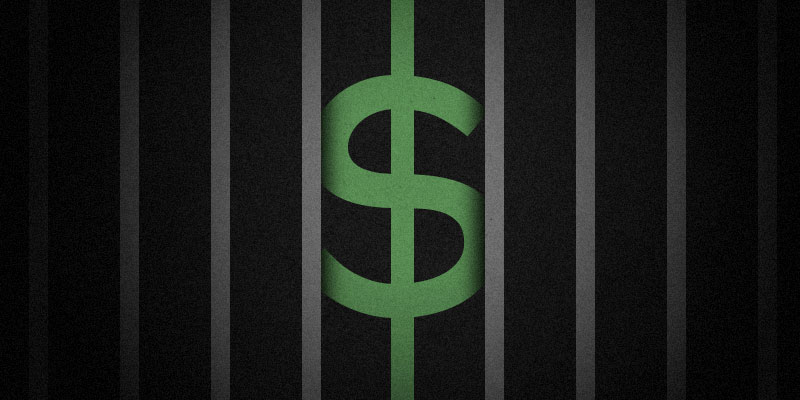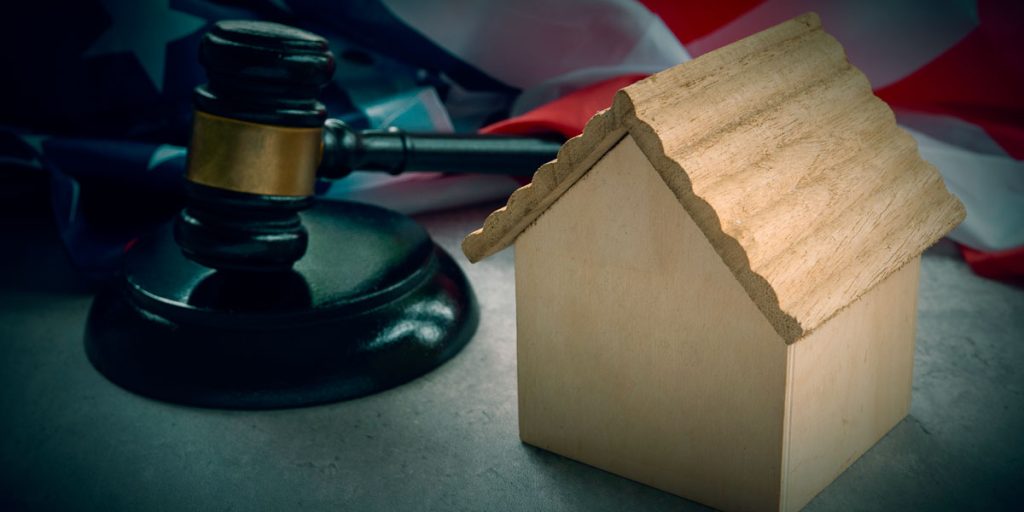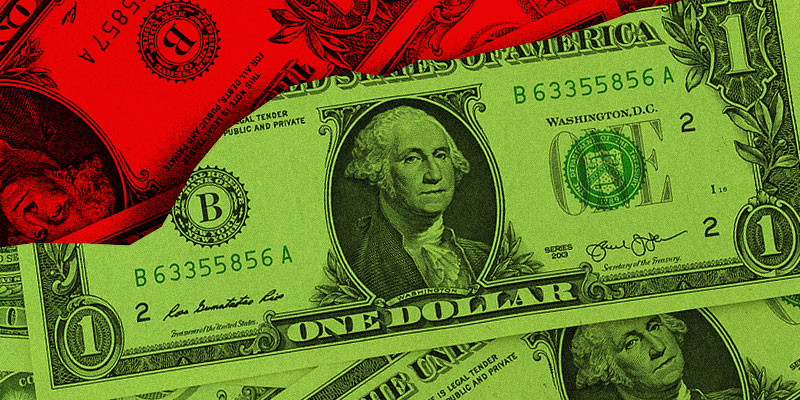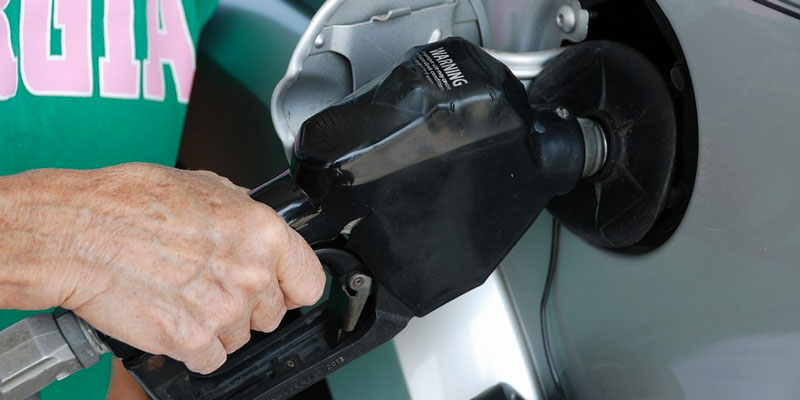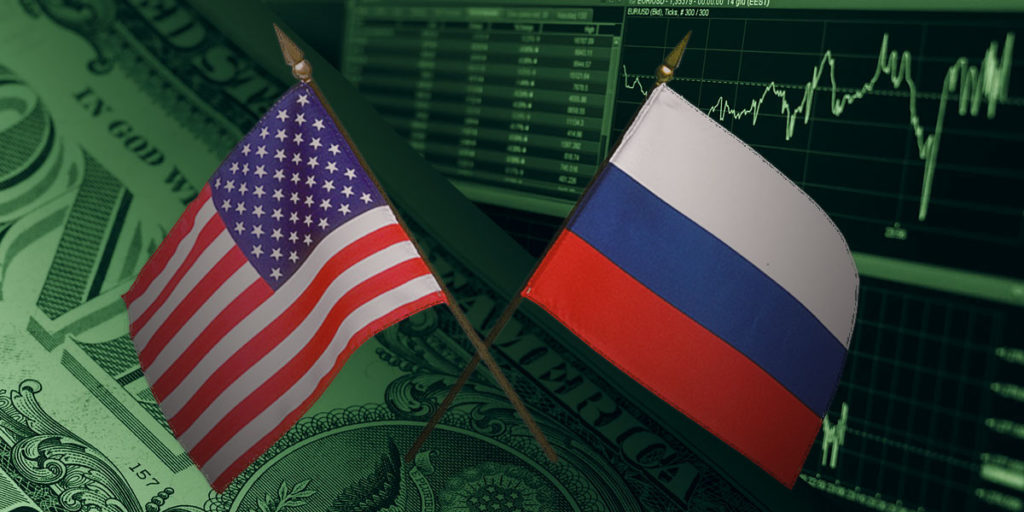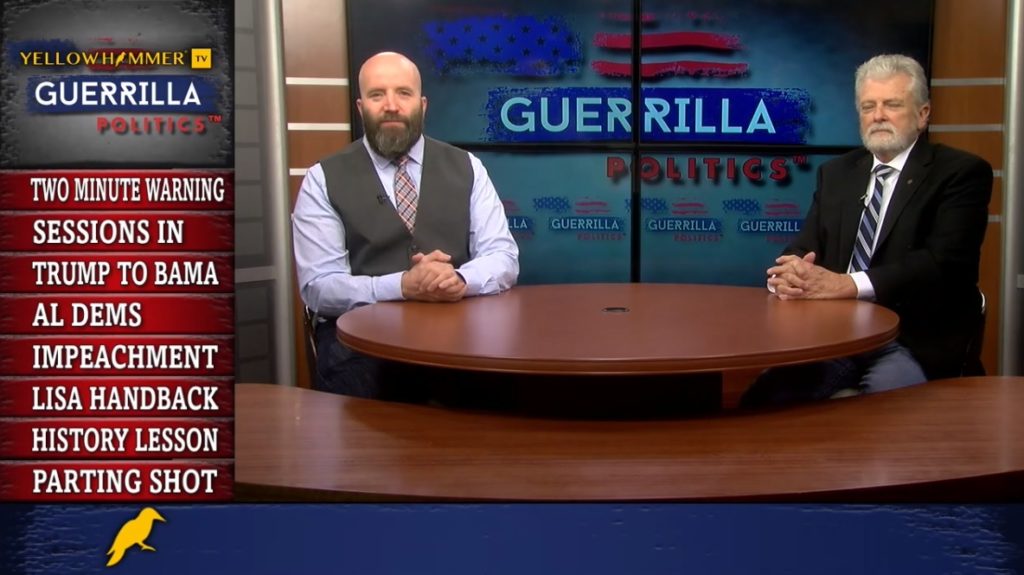Plea bargains let persons accused of crimes plead guilty and receive reduced charges or a reduced sentence. Although some people find the reduced criminal incentives offensive, this bargaining makes economic sense. But our mass incarceration illustrates a limit of the economic argument.
Our criminal justice system extensively employs pleas; 97% of criminal convictions result from such bargains. Although TV dramas focus on jury trials (and particularly defense lawyers like Matlock or Perry Mason), trials are rare.
Plea bargains make economic sense because trials are costly. Trials require courtrooms, lawyers, judges, court reporters, bailiffs and juries. Witnesses must come to court to testify. A guilty plea saves these costs.
Why should defendants ever plead guilty and willingly agree to go to prison and waive their right to an appeal? A plea deal must offer defendants a better deal than conviction at trial. In a murder case, for example, prosecutors might agree not to seek the death penalty. A plea-bargained conviction ensures at least some punishment for a crime and helps deter crime overall.
This bargaining situation parallels labor strikes. Strikes are costly: workers miss paychecks, factories lie idle and businesses might permanently lose customers. Both labor and management are worse off than if they agreed to the same contract with no strike. Strikes represent bargaining failures.
The economic model of bargaining predicts that plea deals should reflect the strength of the evidence. The prosecution will not give much with an open-and-shut case, but the defense attorney should recognize this and counsel shaving a few years off the sentence. If important evidence gets suppressed or a witness recants their testimony, the shaky case makes prosecutors agree to a reduced charge.
Actual guilt or innocence is secondary in the bargaining model to the likelihood of conviction at trial. While we might hope that innocent defendants always get acquitted, wrongful convictions happen, especially with overworked and underfunded public defenders. An innocent person should consider a deal if they look guilty enough. Emotions, not logic, might explain an innocent person’s refusal to plead guilty. We must move past the fantasy that only a guilty person would ever plead guilty.
Building criminal justice almost exclusively around plea bargaining has negative consequences. These highlight the limits of the economic focus on trial costs. Plea bargains enable incarceration on the American scale, with over 2.3 million persons behind bars as of 2016. Whether you think our current incarceration rate is repressive or responsible for the significant drop in crime over the past three decades, mass incarceration could not happen without low-cost plea bargains. The constitutional right to a speedy trial would be violated without guilty pleas. Conversely, speedy adjudication would require many more judges, trial lawyers, and courtrooms.
Another negative of plea bargaining is adding charges to encourage a deal. This is largely necessary. Suppose that the fair sentence for a crime is ten years. If this is the max sentence at trial, a defendant will only accept a plea for a shorter sentence. Prosecutors need to threaten twenty years to induce a plea to ten years. This practice has received attention in the ongoing college admissions bribery case. Actress Lori Loughlin and the other parents refusing plea deals were recently hit with additional bribery and conspiracy charges.
Finally, pervasive plea bargaining might undermine the quality of criminal evidence generally. Cross-examination uncovers mistakes, lies, and bogus theories, but only at trial. If over 90% of convictions come from pleas, the evidence need only be strong enough to induce a deal, not to withstand cross-examination. Sloppy and faked drug tests in two different Massachusetts crime labs recently led to 47,000 convictions being thrown out. Weak evidence also increases the likelihood of innocent people being accused and forced to plead guilty.
We may wish to blame “the system” for plea bargaining’s problems, but ultimately we fail to provide sufficient resources for more trials. This makes prosecutors coerce pleas, inevitably producing miscarriages of justice. Economists contribute too, by overemphasizing the immediate cost savings from plea bargaining.
Daniel Sutter is the Charles G. Koch Professor of Economics with the Manuel H. Johnson Center for Political Economy at Troy University and host of Econversations on TrojanVision. The opinions expressed in this column are the author’s and do not necessarily reflect the views of Troy University.




